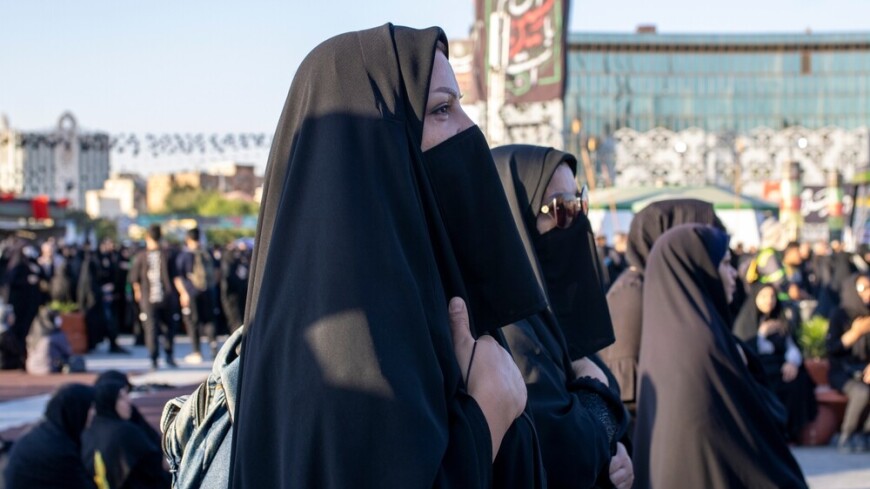Citing Iranian police statement the BBC reported on April 9 that Iranian authorities have begun installing cameras in public places to identify unveiled women.
Women seen not covering their hair would receive a "warning text messages as to the consequences", the police statement said, noting that this would help prevent “resistance against the hijab law.”
Protests were sparked last year by the death in police custody of Mahsa Amini, a young Kurdish woman arrested for allegedly violating the hijab rule.
Since Ms. Amini's death a growing number of women have been discarding their veils, particularly in larger cities, despite the risk of arrest.
A police statement published by the state-run Islamic Republic News Agency (IRNA) said the system used so-called “smart” cameras and other tools to identify and send “documents and warning messages to the violators of the hijab law.”
Saturday's police statement described the veil as “one of the civilizational foundations of the Iranian nation” and urged business owners to uphold the rules through “diligent inspections”.
According to the BBC, public attacks on unveiled women are not uncommon in Iran. “Last week, a video of a man throwing yoghurt at two unveiled women was widely disseminated online and the women were subsequently arrested under the hijab law and the man was also arrested,” the BBC reported on April 9.
Women have been legally required to cover their hair with a hijab (headscarf) since the 1979 Islamic Revolution installed a strict interpretation of religious law. Women who violate the law face fines or arrest.




